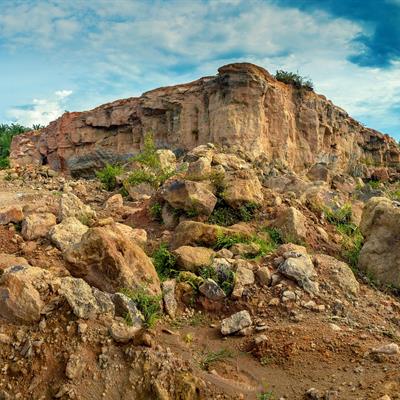
Registration Closed!
Geoarchaeology: Foundations, Research, and Practical Applications for Heritage Management
When: May 30, 2019 2:00-4:00 PM ET
Duration: 2 hours
Certification: RPA-certified
Pricing
Individual Registration: $99 for SAA members; $149 for non-members
Group Registration: $139 for SAA members; $189 for non-members
Dr. Joseph Schuldenrein is the President of Geoarcheology Research Associates (GRA). He founded the firm in 1989 and its mission has been to apply Geoarchaeology in both compliance (CRM and Heritage Management) and research venues. He has been a Research Associate at the Center for the Study of Human Origins at New York University since 1996. Dr. Schuldenrein is a former Fulbright Fellow in Geology and Archaeology (Hebrew University, Israel) and Fellow of the Field Museum of Chicago. He received his Ph.D. in environmental archeology at the University of Chicago in 1983. His professional experience includes work across the North American continent. Internationally he has consulted on projects in Central Europe and the Mediterranean, the entire Middle East, India, Pakistan, and eastern and southern Africa. He is involved in research on Human Origins, Early Civilizations (South Asia) and site formation process. GRA’s projects have included forensic excavations for the Saddam Hussein trials (2005-2008) on behalf of the U.S. Department of Justice and design of a baseline Cultural Heritage Management Plan for the site of Mes Aynak (Afghanistan; 2011). Dr. Schuldenrein is currently focused on developing protocols for Urban Geoarchaeology, based on extensive excavations in his base of operations in New York City.
- Describe the basic principles of the earth sciences: soils, geomorphology, systematics of human interaction with the environment, and how those data are preserved archaeologically
- Understand the systematics of surface and sub-surface preservation across time and space, for different types of archaeological sites
- Learn about the possibilities of collaborative and inter-disciplinary approaches to address particular project objectives
- Develop approaches to archaeology that resonate with planners, architects, and agency personnel that are grounded in hard sciences and tangible objectives


